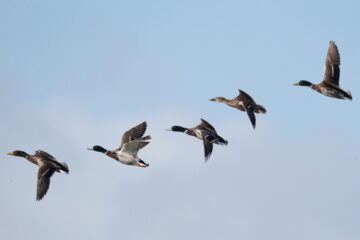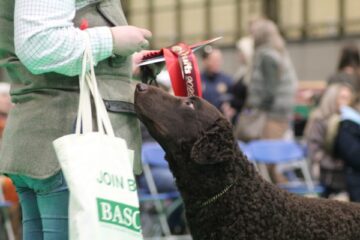 BASC has marked the end of the wildfowling season by making its largest grant ever of £50,000 to the Wildlife Habitat Conservation Trust (WHCT).
BASC has marked the end of the wildfowling season by making its largest grant ever of £50,000 to the Wildlife Habitat Conservation Trust (WHCT).
The WHCT was established in 1992 to recreate, support and maintain special protection areas for the conservation of wildlife and has to date loaned or granted £261,957 to various projects.
The Trust also helps applicants record and study places of ornithological or scientific interest and supports conservation research for the public benefit.
WHCT secretary Tim Russell said: “This donation from BASC is gratefully received and will allow us to fund even more projects of huge conservation importance across the UK and in Europe.
“For example, we are currently in the second year of providing grants to control scrub and reduce predators for the benefit of breeding waders on Lough Erne in Northern Ireland.
“We are also funding work to restore flood plain grazing in Lithuania and Belarus which has become overgrown due to the abandonment of traditional grazing regimes.
“This has brought conservationists and local farmers together to discuss the importance of open grassland for migrating waterfowl and waders, the birds we may eventually see closer to our shores here in the UK.
“Workshops have been used to explain to farmers the importance of these sites and how they can be managed better. The work has also been promoted to local residents.”
BASC chairman Peter Glenser said: “It is important we continue to support the WHCT’s invaluable work, which gets people out on the ground to sustain conservation.
“This important conservation work has been reported at international level, including the sixth meeting of parties of the Agreement on the Conservation of African-Eurasian Migratory Waterbirds (AEWA), where it was very well received.”



